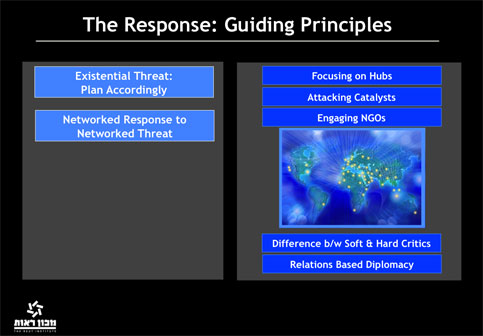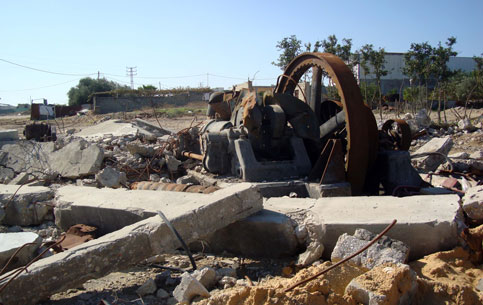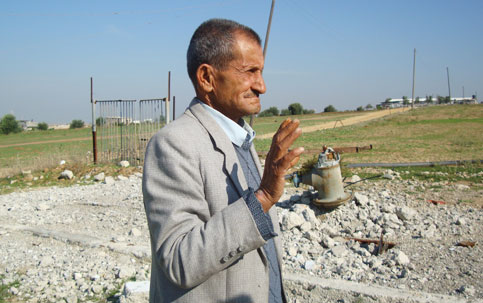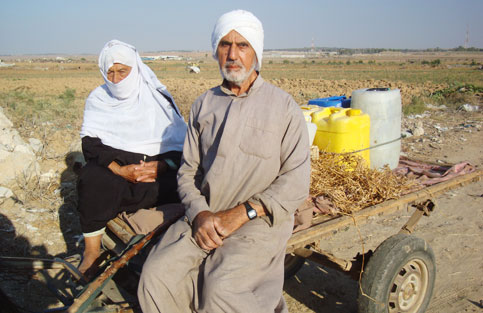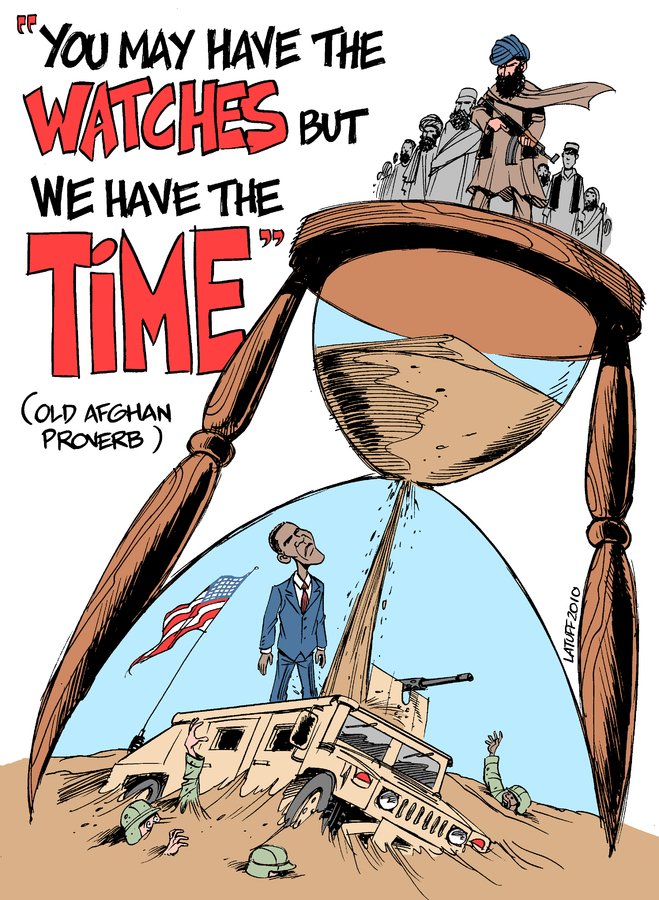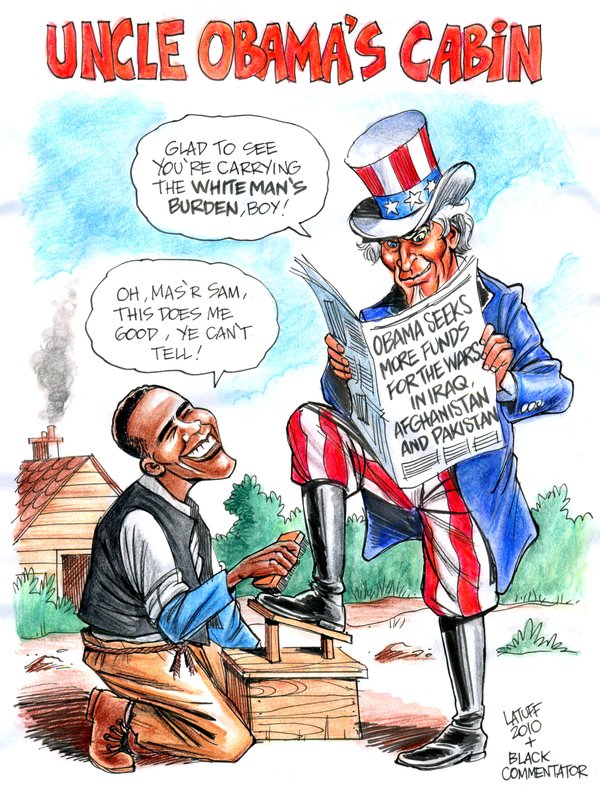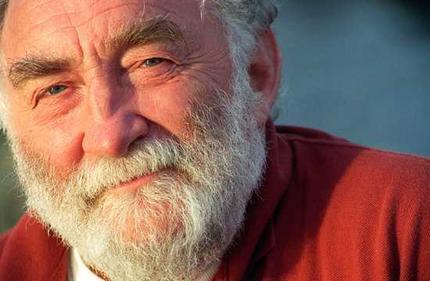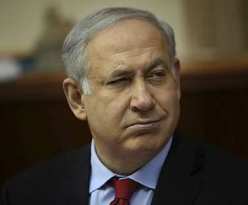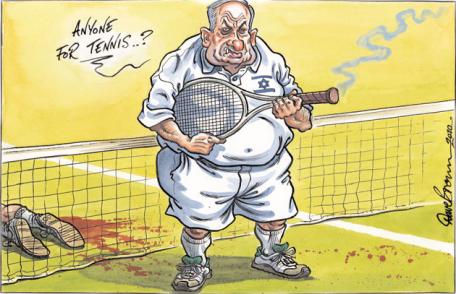
EDITOR: The rolling thunder of the aftermath of the Dubai murder
So now the murder is over, the Mossad is starting to sow the bitter seeds of division between the Palestinian camps; this is obviously an integral part of the whole plan. It seems that in the febrile climate now ruling Israeli society, the doubts and questions about the long term trends of militarised Zionism are now riling the social arena, and will continue to do so. Indeed, it is interesting and also somewhat sad that the death of one Palestinian murdered in Dubai, seems to have given rise to more media interest than the death of over 1400 in Gaza… this is also a mark of the decline of professional standards of the western media: a ‘ripping yarn’, as termed by Seumas Milne below, seems to cristalise media attention much quicker than the quotidian murder of the many, as it is hardly news when coming from Palestine. There is of course, always an exception: The NY Times, that paragon of good news from Israel, has declared the Middle East invisible, so there is nothing at all in the NYT, again! What can one say? Check for yourselves:
http://www.nytimes.com/
Elsewhere, papers can speak of little else, it seems, especially in Israel, but also in Europe and the Arab world. Unbelievably, even the Boston Globe has heard about the murder, but note the quait wording (some… obviously not all, not many, not any of us…):
Some say Mossad behind Dubai hit: Boston Globe
Spy agency tied to assassination of Hamas leader
JERUSALEM – Israeli security officials said yesterday that they were convinced the Mossad was behind the assassination of a Hamas commander in Dubai, and they harshly criticized the spy agency for allegedly stealing the identities of its own citizens to carry out the hit.
Names released by Dubai matched seven people living in Israel, raising questions about why the agency would endanger its own people by using their passport data as cover for a secret death squad.
At the same time, some observers said the Dubai evidence pointed to a setup to falsely blame Israel.
A vague comment from Israel’s foreign minister, who neither confirmed nor denied Mossad’s involvement, only added to the spy novel-like mystery surrounding the slaying of Mahmoud al-Mabhouh, who was found dead Jan. 20 at a luxury hotel near Dubai’s international airport.
“Israel never responds, never confirms, and never denies,’’ Foreign Minister Avigdor Lieberman said in Israel’s first official comment on the affair, then added: “I don’t know why we are assuming that Israel, or the Mossad, used those passports.’’
Some senior Israeli security officials not directly involved in the case were less circumspect, saying they were convinced it was a Mossad operation because of the motive – Israel says al-Mabhouh supplied Gaza’s Hamas rulers with their most dangerous weapons – and the use of Israeli citizens’ identities.
The officials, who spoke on condition of anonymity because of a government order not to discuss the case, characterized the operation as a significant Mossad bungle.
If it develops into a full-blown security scandal, that could harm Israeli Prime Minister Benjamin Netanyahu politically.
Some compared the case with another Mossad embarrassment during Netanyahu’s previous term as prime minister, the failed attempt to kill Hamas leader Khaled Mashaal in 1997. Two Mossad agents posing as Canadian tourists were captured after injecting Mashaal with poison, and Israel was forced to send an antidote that saved Mashaal’s life. Today Mashaal is Hamas’s supreme leader.
Still, there was praise for the Dubai operation from some analysts who noted the major difference between it and the Mashaal case is that the latter failed and the former achieved its goal – assassination of a Hamas leader.
“Al-Mabhouh is dead and all the partners to the operation left Dubai safely,’’ wrote analyst Ronen Bergman of the Yediot Ahronot newspaper.
Critics slammed the Mossad, not for killing al-Mabhouh on foreign territory but for doing it sloppily and endangering Israeli citizens in the process. A front-page commentary in Israel’s Haaretz daily by defense analyst Amir Oren called for the ouster of Mossad director Meir Dagan.
“What is needed now is a swift decision to terminate Dagan’s contract and to appoint a new Mossad chief,’’ he wrote. “There’s no disease without a cure.’’
Dubai authorities released names, photos, and passport numbers of 11 members of the alleged hit squad this week, saying all 11 carried European passports. But most of the identities appeared to have been stolen, and at least seven matched up with people in Israel who say they are victims of identity theft.
One is a dual Israeli-British citizen who said one of the numbers matched his own passport, but he had never been to Dubai.
Londres pide explicaciones a Israel por el uso de pasaportes británicos en el asesinato del líder de Hamás: El Pais
Reino Unido, Irlanda y Francia llaman a consulta al embajador.- El jefe del Mossad no dimitirá hasta terminar su mandato.- Dubai asegura que Israel es responsable
Londres y Tel Aviv tensan de nuevo sus relaciones debido a un caso de espionaje de la inteligencia israelí. El Foreign Office ha llamado a consultas al embajador de Israel en Londres, Ron Prosor, para “compartir información” sobre el robo y falsificación de seis pasaportes británicos que terminaron en manos de los presuntos asesinos del líder de Hamás, Mahmud al Mabhuh, después de que en los ochenta otro caso de contraespionaje -esa vez en Alemania- provocase la misma reacción de Reino Unido. También piden explicaciones Irlanda y Francia, que han solicitado otro encuentro con Prosor, según The Irish Times. En mitad de la tormenta diplomática, fuentes cercanas al jefe del Mossad, Meir Dagan, citadas por Reuters, aseguran que el supuesto responsable de la operación de Dubai no abandonará su cargo, a pesar de que la policía dubaití asegura, en un 99%, que Israel está involucrado.
El pasado 20 de enero seis presuntos ciudadanos británicos, tres irlandeses, un alemán y un francés, viajaron en avión hasta los Emiratos Árabes. Se registraron en distintos hoteles de Dubai y localizaron a Mahmud al Mabhuh, fundador de las Brigadas de Al-Qasam (brazo armado de Hamás), con la ayuda de dos ex oficiales de Al Fatah -el partido del presidente palestino Mahmud Abbas- que permanecen detenidos en Jordania, según The Guardian. En 24 horas Mabhuh estaba muerto; envenenado. La investigación de la policía de los emiratos reveló que los 11 asesinos entraron en el país con pasaportes falsos.
Los países europeos implicados mantienen, con resignación, la calma a la hora de apuntar al Gobierno del primer ministro Benjamin Netanyahu, pero, según la prensa británica, los indicios -entre ellos, el modus operandi- apuntan al Mossad. Hay precedentes. En 1987, agentes de la agencia de espionaje israelí robaron y falsificaron pasaportes británicos para llevar a cabo sus actividades. Israel aseguró que el incidente no se iba a repetir.
El problema se intensifica porque en los últimos meses proliferan en la región este tipo de crímenes. Hace dos años, fue asesinado en Damasco, Imad Mugniyeh, jefe militar de Hezbolá. El año pasado, un autobús con peregrinos iraníes explotó también en la capital siria. Se habló entonces de un accidente, aunque algunos foros y expertos aseguraron que miembros de Hamás y agentes iraníes viajaban en ese vehículo. También, meses atrás, un científico nuclear murió tras una explosión a las puertas de su domicilio en Teherán.
La investigación dubaití apunta a la implicación de Israel en el asesinato. “Nuestras investigaciones revelan que el Mossad está involucrado en el asesinato de al Mabhuh. Hay un 99% de posibilidades, no un 100%, de que el Mossad esté detrás”, ha declarado el jefe de la policía, Dahi Khalfan Tamim, al diario The National. “Benjamin Netanyahu, el primer ministro israelí, será el primero en ser perseguido por la Justicia si fuese quien tomó la decisión de matar a al Mabhuh en Dubai y se emitirá una orden de arresto contra él”, ha dicho Tamim.
Pero Londres muestra cautela y no ve pruebas suficientes, tal como apuntó ayer el ministro británico de Exteriores, Avigdor Lieberman, lo que permitirá al jefe de la inteligencia concluir el mandato de ocho años para el que fue elegido en 2002. Sus éxitos en otras misiones contra Hamás, Hezbolá, Siria e Irán son aliciente suficiente para alegar otras “prioridades nacionales” antes que pedir la renuncia de Dagan por un malentendido diplomático, explica un confidente a Reuters. No ocurrió lo mismo con su predecesor, Danny Yatom, que dimitió en 1997 después de que Jordania detuviese a los agentes israelíes, con identidades canadienses, que asesinaron a un líder de Hamás.
Miliband: Israel must ‘cooperate fully’ in fake passport probe: Haaretz
British Foreign Secretary David Miliband on Thursday demanded Israel’s full cooperation in investigating of the fraudulent use of U.K. passport by the killers of a Hamas official in Dubai.
Israel’s ambassador to Britain, Ron Prosor, met with Sir Peter Ricketts, head of the British diplomatic service, on Thursday after London asked him to clarify what it called an “identity theft” in which the passports of six British Israelis were used by assassins.
“The permanent secretary (Ricketts) said we wanted to give Israel every opportunity to share with us what it knows about this incident,” Miliband told British television.
“We hope and expect they will cooperate fully with the investigation that has been launched by the prime minister (Gordon Brown),” he said.
He said he hoped to discuss the issue further with Israeli Foreign Minister Avigdor Lieberman when both men were in Brussels on Monday.
A hit squad that killed senior Hamas official Mahmoud al-Mabhouh in a Dubai hotel room in January apparently forged travel documents bearing the names of the Britons, who all live in Israel.
“Following an invitation yesterday evening, I met today with Sir Peter Ricketts, Permanent Under Secretary of the Foreign and Commonwealth Office,” Prosor said following the lunchtime meeting.
“Whilst of course happy to cooperate with Sir Peter’s request, I was unable to shed any further light on the events in question,” Prosor continued.
“In keeping with standard diplomatic practice, it would be improper to disclose the content of such bilateral discussions between our countries.”
Prosor added: “In accordance with accepted diplomatic protocol, it would be unfitting to reveal the content of the talks conducted between the countries.”
Although Jerusalem has not taken responsibility for the January 20 hit on Mabhouh, the incident seems to have spawned a serious diplomatic rift between Israel and the United Kingdom.
Israel’s ambassador to the Republic of Ireland, Zion Evroni, said Wednesday that he too had received a summons from the country’s Department of Foreign Affairs and would be meet Minister Michael Martin on Thursday.
In Jerusalem, Foreign Ministry officials declined to comment on the matter, but an Israeli diplomat said on condition of anonymity that the government has decided to withhold a public statement until the British message is received, and would then choose how to respond.
Israeli officials expressed concern Wednesday that the affair could seriously harm ties between Jerusalem and London. They said the British and Irish summonses could lead to similar steps on the part of France and Germany, other countries whose passports the assailants carried in Dubai.
One Israeli official said the Irish government had already contacted Britain, Germany and France to recommend they conduct a joint investigation into the incident.
British Prime Minister Gordon Brown promised Wednesday that his government would launch an inquiry into the use of the British passports in the operation, but did not cast blame over the alleged forgeries.
“The defrauding of British passports is a very serious issue,” a statement from the Foreign Office released Wednesday read. “The government will continue to take all the action that is necessary to protect British nationals from identity fraud.”
“The government is involved in a number of strands of ongoing activity in relation to this specific case,” the statement said. It cited three specific areas of activity: offering bureaucratic assistance to the affected British citizens living in Israel, investigating the matter fully and summoning the Israeli ambassador for clarification.
“The Serious Organised Crime Agency will lead this investigation, in close cooperation with the Emirati authorities,” the Foreign Office said.
Ireland’s Department of Foreign Affairs released a statement indicating, “the identities of the persons recorded on the forged passports do not correspond to those recorded on the valid passports carrying the same numbers.”
Emirati police said the team left Dubai several hours after the operation – some individually and others in pairs – for destinations in Europe, Asia and Africa.
At a memorial rally for Mabhouh in Gaza Wednesday, leaders of Hamas’ armed wing said the group “will never rest until they reach his killers”.
Hamas politburo chief Khaled Meshal addressed the rally of several thousand by video link from Damascus.
“We call on European countries to punish Israel’s leaders for violating laws,” he said. “Israel deserves to be placed on the terror list.”
